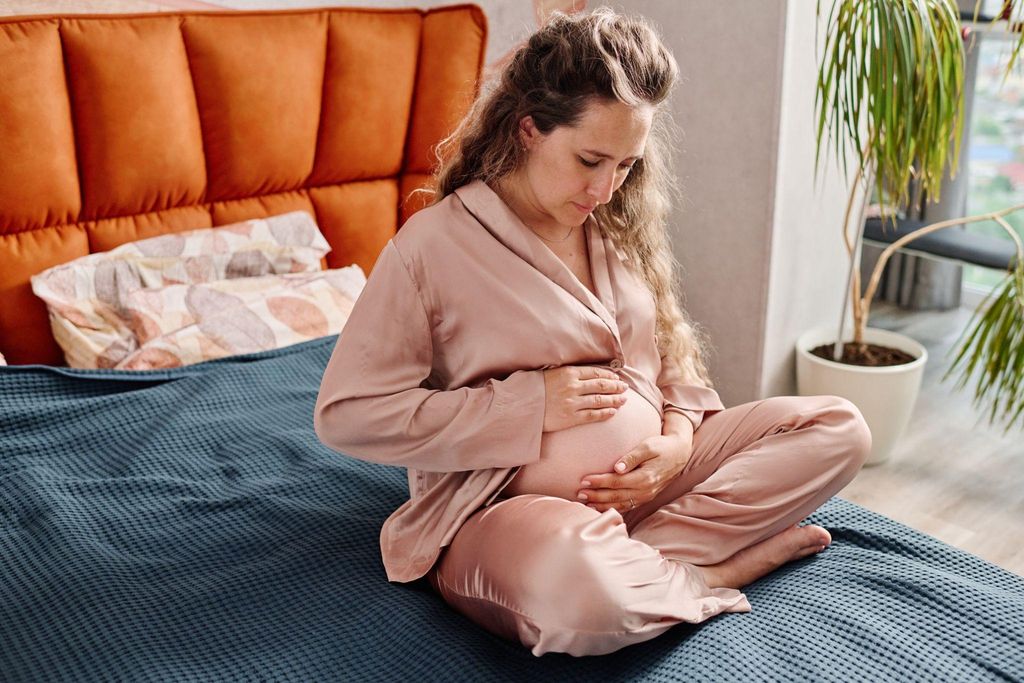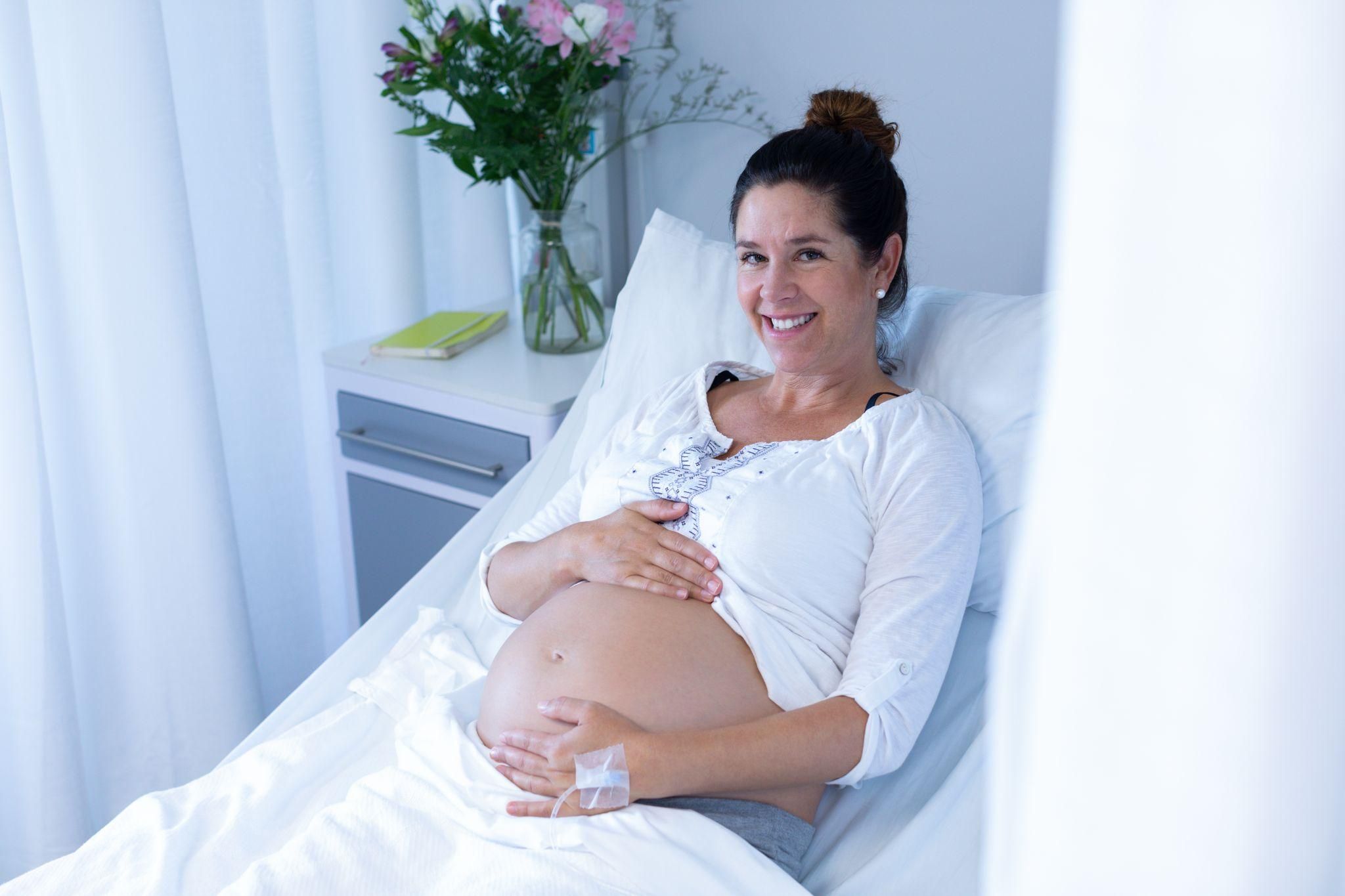Planning a home birth can be an empowering and personal experience for many expecting mums in London. With the right preparation, professional support, and understanding of what to expect, a home birth can be a safe and comfortable option for bringing your baby into the world. Whether you are considering a home birth because you want a more intimate setting, wish to avoid hospital interventions, or simply feel that home is where you’ll be most comfortable, this guide provides essential tips for a smooth and safe home birth experience.
In this article, we will cover everything you need to know about preparing for a home birth in London, from antenatal care and home birth midwife services to creating a relaxing environment for labour.
Is a Home Birth Right for You?
Before diving into the preparation details, it’s important to assess whether a home birth is the right choice for you. While home births are generally considered safe for women with low-risk pregnancies, it’s essential to consult with your midwife or healthcare provider during your antenatal appointments to determine whether a home birth is suitable for your specific situation.
If you have had a healthy pregnancy with no complications, a home birth may be a great option. However, your healthcare provider will discuss any potential risks and help you decide whether giving birth at home is the safest choice.
Antenatal Care for Home Births
A key aspect of preparing for a home birth is receiving excellent antenatal care throughout your pregnancy. Antenatal care involves regular checkups with your midwife or healthcare provider to monitor your health and the development of your baby. For women in London planning a home birth, antenatal care ensures that your pregnancy remains low-risk and that you are fully supported in your decision.
During your antenatal appointments, your midwife will discuss your birth plan, monitor the progress of your pregnancy, and ensure that you are physically and mentally prepared for a home birth. Regular antenatal checkups help identify any potential complications early, so your birth plan can be adjusted if necessary. Your midwife will also offer practical advice on how to prepare your home for labour and birth, ensuring a safe and comfortable environment.
Building Your Support Team
One of the most important aspects of planning a home birth is having the right support team in place. In London, home birth services are typically offered through NHS midwifery teams or private midwives. These professionals provide continuous care during your pregnancy, labour, and postnatal period.
Many women opt for the NHS midwifery teams, who are well-trained and experienced in supporting home births. These midwives will visit your home during your antenatal checkups to assess your living space and ensure it is suitable for a home birth. If you prefer more personalised or private care, there are also many private midwifery services available in London, offering dedicated one-on-one support throughout your pregnancy.
In addition to midwives, many mums choose to have a birth partner, such as their partner, a close friend, or a family member. Birth partners play an essential role in providing emotional and physical support during labour, so it’s important to communicate your needs and expectations with them ahead of time.
Preparing Your Home for Birth
Creating a comfortable and safe environment in your home is crucial for a successful home birth. Here are some essential steps to take in preparing your space:
Choose the Right Room
When preparing for a home birth, choose a room that is comfortable, quiet, and has enough space for you to move around. Many women prefer to give birth in their bedroom or living room. Make sure the room has easy access to a bathroom and that the space can be easily cleaned after the birth.
Gather Essential Supplies
Your midwife will provide you with a list of supplies needed for the birth. Common items include:
Clean towels and blankets
Waterproof sheets or mats
A birthing pool (if you plan to have a water birth)
Snacks and drinks to keep your energy up during labour
A TENS machine (optional, for pain relief)
Create a Calming Atmosphere
A calm, relaxed environment can make a significant difference during labour. Many women choose to play soothing music, use dim lighting, and light candles or use aromatherapy to create a peaceful atmosphere. Preparing your space for comfort and relaxation can help you stay calm and focused during labour, making the birthing process smoother.
If you practice antenatal yoga, you can incorporate breathing techniques and gentle yoga movements during labour to help manage pain and discomfort. Many London-based yoga studios offer pregnancy yoga classes or antenatal yoga sessions specifically designed for mums planning a home birth.
Pain Relief Options at Home
When planning a home birth, it’s important to be aware of the pain relief options available to you. While you won’t have access to some of the medical pain relief options available in a hospital, there are still several effective methods to manage pain at home:
TENS machine: This small device sends electrical impulses through your skin, which can help relieve pain during early labour. Many mums find TENS machines helpful for managing contractions at home.
Water birth: If you plan to use a birthing pool, the warm water can help ease contractions and provide pain relief.
Breathing techniques: Techniques learned in antenatal yoga or prenatal yoga classes can be highly effective in managing pain during labour. Breathing exercises help you stay calm and focused, reducing the intensity of contractions.
Massage: Your birth partner can provide comfort through gentle prenatal massage or massage for pregnancy, which can help relieve tension and discomfort during labour. Many expectant mums also benefit from relaxation during pregnancy, which involves using touch and aromatherapy to relax muscles and soothe the mind.
Preparing for Potential Transfers
While most home births go smoothly, it’s essential to have a plan in case you need to transfer to a hospital. Your midwife will discuss this with you during your antenatal appointments, and they will be prepared for any eventuality. It’s important to remain flexible and understand that your health and the safety of your baby are the top priorities.
If a hospital transfer is required, it is usually due to complications such as prolonged labour, difficulty with the baby’s heart rate, or concerns about your health. Having a bag packed with essentials, including a change of clothes and any necessary documents, will make the transfer easier if needed.
Postnatal Care and Support
After your baby is born, your midwife will stay with you to monitor both you and your baby’s health, ensuring you’re both recovering well. Postnatal care is an important part of the home birth experience, and your midwife will visit you at home in the days following the birth to provide support, guidance, and care.
You may also want to attend antenatal classes near me before your baby’s arrival to prepare for life as a new parent. These classes cover essential topics such as breastfeeding, newborn care, and postnatal recovery, ensuring that you feel confident and supported in the early days of motherhood.
Conclusion
Preparing for a home birth in London requires careful planning, excellent antenatal care, and a strong support system. By working closely with your midwife, building a calming birth environment, and staying flexible, you can create a positive and empowering birth experience in the comfort of your own home.
From antenatal yoga to prenatal massage, London offers a wide range of resources to help you stay relaxed and prepared for your home birth. Remember, the most important aspect of any birth plan is your wellbeing and the health of your baby, so focus on creating a plan that feels right for you.
Preparing for a Home Birth in London: Essential Tips for Expecting Mums
Is a Home Birth Right for You?
Antenatal Care for Home Births
Building Your Support Team
Preparing Your Home for Birth
Choose the Right Room
Gather Essential Supplies
Create a Calming Atmosphere
Pain Relief Options at Home
Preparing for Potential Transfers
Postnatal Care and Support
Conclusion
References
- The Ultimate Antenatal Classes
Prepare for labour, birth, and baby care with nine experts, including senior NHS midwives and an award-winning obstetrician!
https://unii.com/en/journey/ultimate-antenatal-classes









